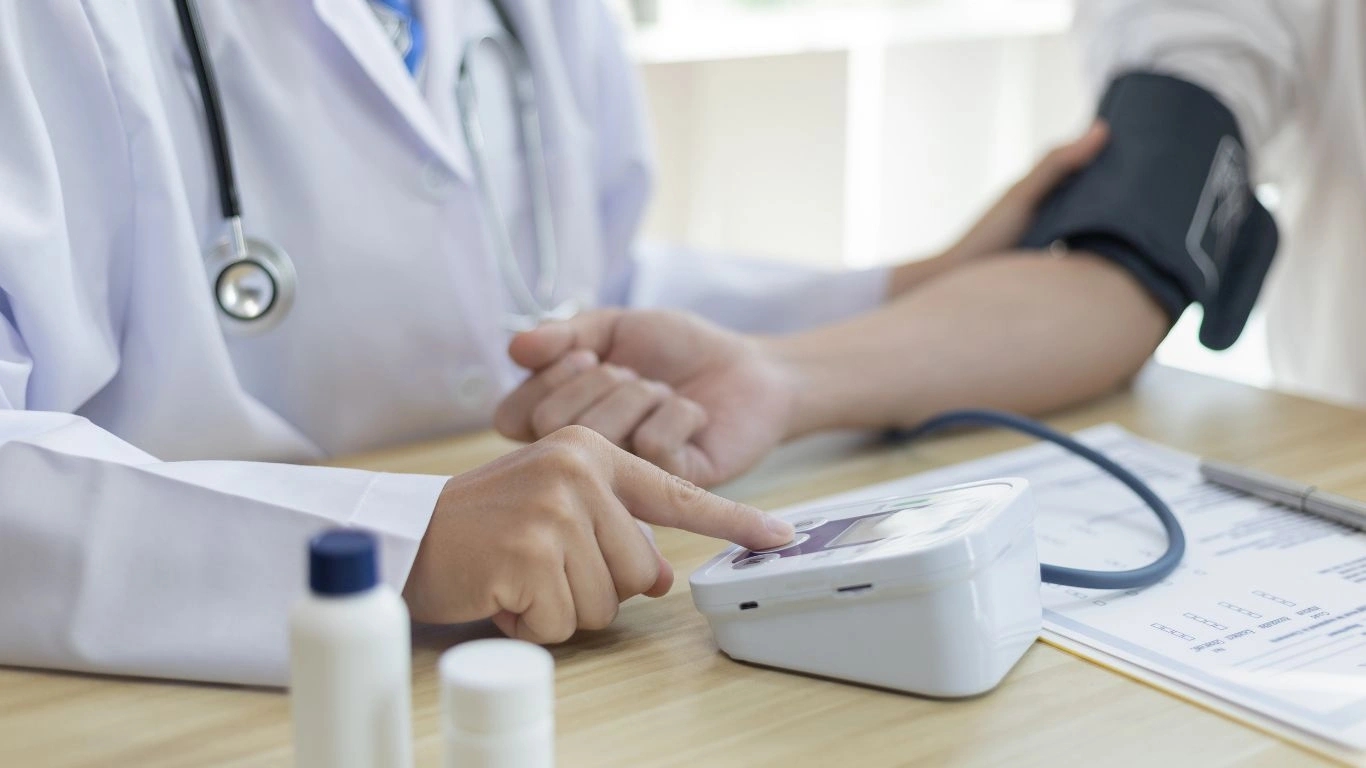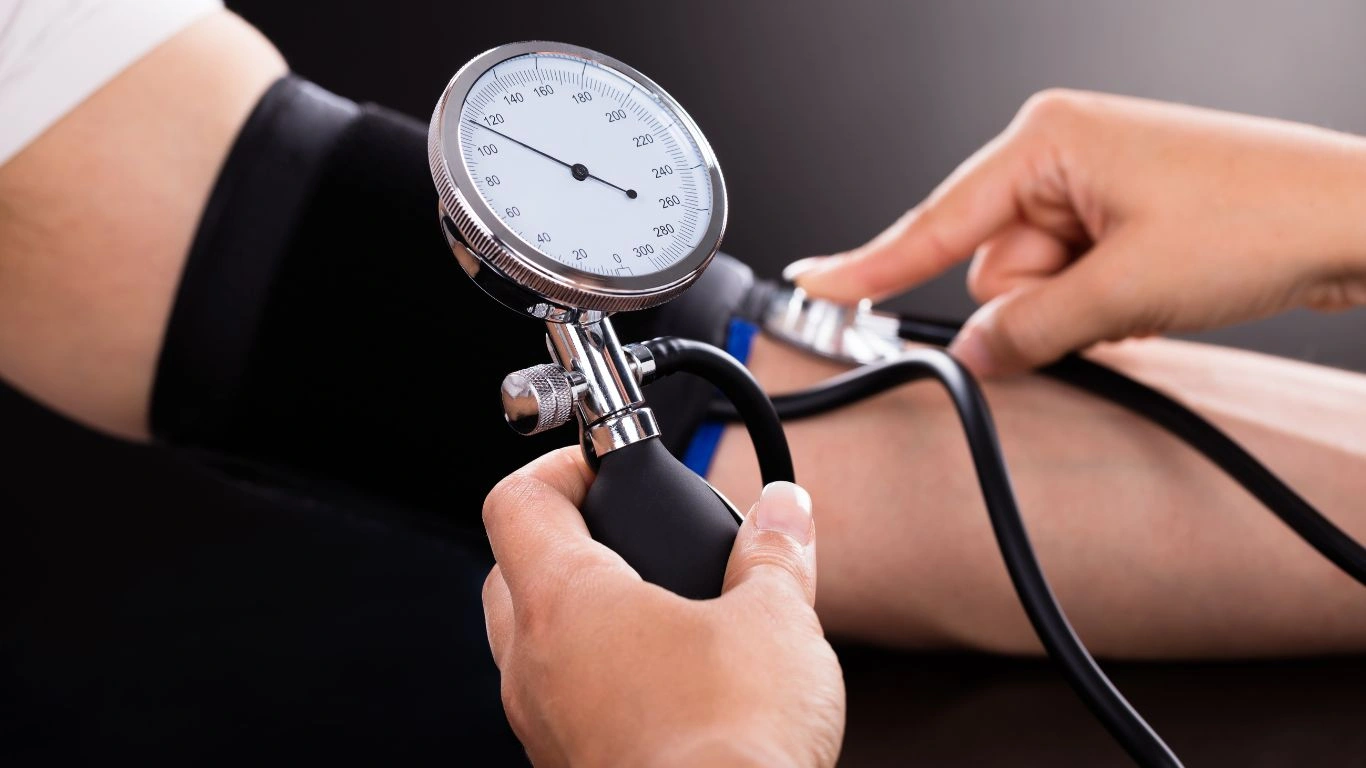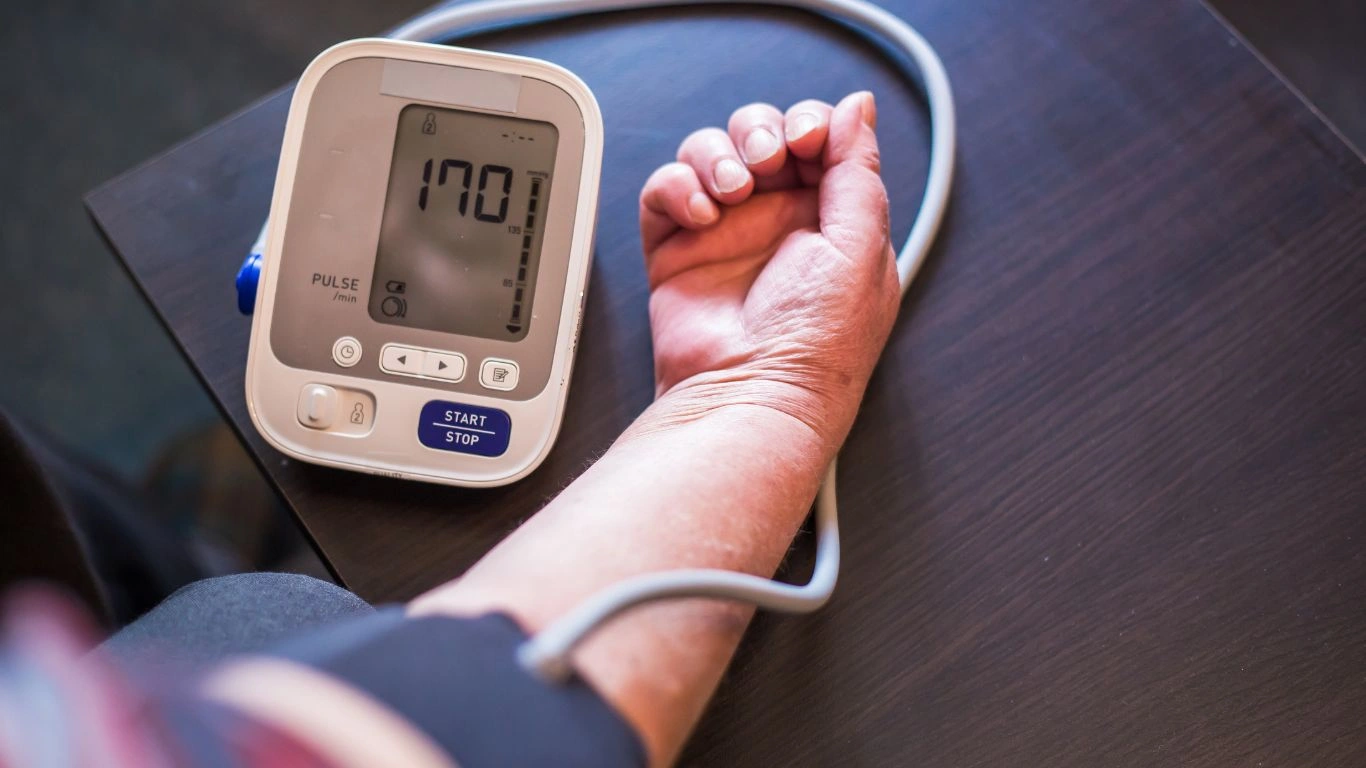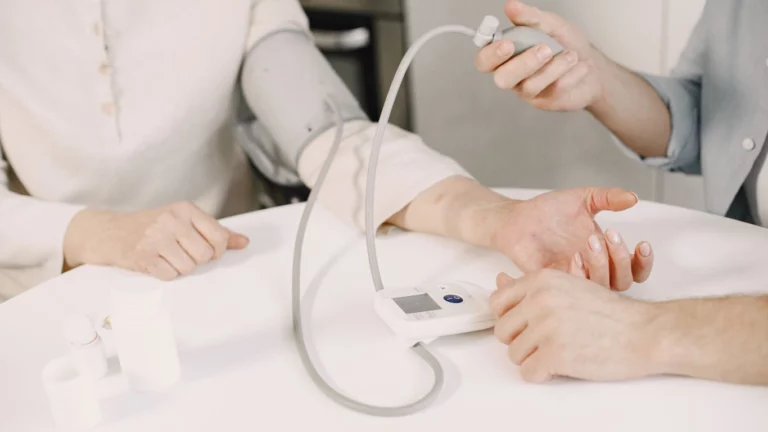Can Coconut Water Lower BP Fast? Discover the Shocking Truth
If you’re like a lot of my patients, you’ve probably stood in the grocery store aisle, coconut water in hand, wondering: Can coconut water lower BP fast? It’s one of those health trends that seems too simple to be true. But as someone who’s been managing hypertension cases for years, I can say there’s a little more nuance to it than just sipping your way to perfect numbers. Let’s dig in, because honestly—this question comes up in my clinic more often than you might think.
What’s the Buzz Around Coconut Water and Blood Pressure?

So, what’s the deal? Coconut water is often hailed as nature’s sports drink, loaded with potassium, magnesium, and electrolytes. These nutrients, particularly potassium, are known to help regulate blood pressure. Potassium works by balancing out the negative effects of sodium—a huge win for anyone trying to bring those numbers down.
I’ve had patients who made small dietary tweaks—like swapping soda for coconut water—and saw modest improvements in their BP over time. But I always tell them: coconut water is a supportive player, not a miracle fix. It’s not a substitute for lifestyle changes or meds when those are necessary. Still, it’s a pretty tasty ally to have in your corner.
How Does Coconut Water Affect Blood Pressure, Exactly?

The Potassium Connection
Here’s where it gets interesting. Potassium helps your kidneys flush out extra sodium through urine. Less sodium means less fluid retention, which means less pressure in your arteries. Most adults don’t get enough potassium in their diets—especially if they’re eating processed foods. Coconut water offers a more natural, hydrating way to get a dose in.
- One cup of coconut water can contain around 600 mg of potassium
- It also contains small amounts of magnesium and calcium, both of which support vascular health
- It’s low in calories and has no fat, making it a guilt-free beverage swap
My Real-Life Experience with Patients
I recall one patient—we’ll call her Linda—who was in her early 50s, pre-hypertensive, and looking for natural ways to bring her BP down. She started drinking about 8 ounces of coconut water daily, along with cutting back on processed snacks and salt. Within two months, her systolic dropped by nearly 6 points. Now, was it just the coconut water? Probably not. But did it help support her progress? Definitely.
Can Coconut Water Lower BP Fast? Let’s Be Honest…

This is the big question. And to be real with you—the answer is: not instantly. While some people may notice subtle changes within days, especially if they were potassium-deficient to begin with, it’s not going to drop your BP overnight. Think of coconut water as a long-game strategy. Consistency matters more than quantity here.
- Drink it regularly, not in excess (1–2 cups per day is usually enough)
- Pair it with a low-sodium, DASH-style diet
- Use it to replace less healthy beverages like soda or sweetened juices
Also worth mentioning: if you’re on certain blood pressure meds like ACE inhibitors or ARBs, you’ll want to be cautious with potassium intake. Too much can actually backfire, so always check in with your doctor (or someone like me!) before going all in.
So, Should You Try Coconut Water for Blood Pressure?
If you’re managing mild hypertension or just trying to avoid meds for now, coconut water can be a solid, hydrating addition to your daily routine. It’s natural, it tastes great, and it fits well into heart-healthy diets. I always remind my patients—it’s not about doing one big thing. It’s about a bunch of small, smart choices that add up over time.
What the Research Says About Coconut Water and Hypertension

Now, I know some folks want hard science to back things up—and rightly so. As a physician, I always stress evidence-based decisions. So let’s talk about the actual studies on coconut water and blood pressure.
There’s a small but interesting body of research on this. One often-cited study from the West Indian Medical Journal found that participants who drank coconut water saw significant reductions in both systolic and diastolic BP over two weeks. Another study published in the Journal of Health Research noted similar benefits when coconut water was consumed daily alongside regular meals.
Now, are these blockbuster clinical trials with thousands of participants? No. But they’re enough to get our attention and point us toward more investigation. And combined with anecdotal evidence (like what I see with patients), there’s a compelling case to be made.
What I’ve Seen in Clinical Practice
In my clinic, I’ve seen a pattern emerge. When patients start adding coconut water to a cleaner, lower-sodium diet—especially those already borderline hypertensive—there’s often a modest but meaningful BP drop within 4 to 6 weeks. It’s not dramatic, but it’s consistent. And for someone trying to avoid starting on meds, that small shift can be empowering.
But—and this is big—it only works if it’s part of a bigger picture. No amount of coconut water is going to undo a diet packed with fast food and frozen dinners. Just had to put that out there!
The Best Way to Add Coconut Water Into Your Routine

So if you’re considering trying this, let me give you some tips straight from my own practice. Coconut water isn’t just a matter of “the more, the better.” In fact, I usually recommend 8 to 12 ounces a day—and that’s it. More than that, and you could start tipping the potassium scales too far, especially if you’re on BP meds like ACE inhibitors or potassium-sparing diuretics.
Here’s how I suggest working it in:
- Morning hydration: Replace your morning juice or sweet tea with a chilled glass of coconut water. It’s refreshing and hydrating.
- Post-workout rehydration: It’s a great natural alternative to sugary sports drinks.
- Afternoon slump fix: If you get sluggish around 3 PM, coconut water gives you a gentle boost without the caffeine.
Also, make sure you’re buying the right kind. Some brands sneak in added sugars or preservatives—no thanks. Look for versions labeled “100% pure coconut water” with no extras. I often recommend patients check the label like they would a prescription bottle. Trust me, it makes a difference.
Who Should Skip the Coconut Water Trend?

This is important, and I always make it part of the conversation in clinic: coconut water isn’t for everyone. In fact, for some people, it could do more harm than good.
Be especially cautious if you:
- Have chronic kidney disease (CKD) — potassium buildup can be dangerous
- Take medications that affect potassium levels (like spironolactone, lisinopril, or losartan)
- Have been told to follow a low-potassium diet by your doctor
If any of those apply to you, coconut water might not be your best bet. I’ve had a couple of patients come in with elevated potassium (hyperkalemia) because they thought coconut water was “just water with a twist.” It’s not. It’s a functional beverage with real physiological effects.
One patient—I’ll call him Ron—was in his 60s with mild CKD. He started drinking coconut water daily on top of a banana-heavy breakfast. His potassium climbed pretty fast, and we had to dial everything back. Lesson learned: natural doesn’t always mean harmless.
Final Thoughts (So Far…)
So to circle back—can coconut water lower BP fast? Not in the “take it today, lower it tomorrow” kind of way. But can it help support your blood pressure goals over time, especially if you’re working on your diet and hydration? Absolutely.
I like to think of it as one piece of a heart-healthy puzzle. It’s refreshing, full of beneficial nutrients, and a smart swap for sugar-laden drinks. Just be mindful, consistent, and don’t skip the rest of your BP plan. This isn’t magic—but it can be part of the solution.
Pairing Coconut Water with Other BP-Lowering Habits

Alright, so we’ve talked about coconut water’s benefits, the science behind it, and the folks who should be cautious—but let’s be real for a second. If you’re serious about lowering your blood pressure (and keeping it there), coconut water can’t do the heavy lifting on its own.
In my experience, the best results come when it’s part of a broader lifestyle plan. You’ve probably heard this before—but the reason you keep hearing it is because it works.
Here’s what I recommend to patients, alongside coconut water:
- Follow the DASH diet: That’s Dietary Approaches to Stop Hypertension. Lots of fruits, veggies, whole grains, lean protein. Coconut water fits right in.
- Reduce sodium intake: Ideally under 1500 mg/day for folks with high BP. Read those labels!
- Get moving: Even 30 minutes of brisk walking five days a week can lower systolic BP by 5–8 mmHg.
- Manage stress: I’ve seen patients spike 10–15 points just from emotional tension. Mindfulness, yoga, or even a solid 10-minute breather can help.
Think of coconut water as your hydration teammate in all this. It’s not the whole team, but it’s got a valuable role when the game plan is right.
Patient Success Stories (And What They Teach Us)

Let me share a quick story that really illustrates this well. I had a patient—we’ll call him Daryl—late 40s, high-stress job, borderline hypertension. Didn’t want meds (yet), but knew he needed a change. We talked diet, movement, sleep… and yes, I gave him the green light to try coconut water daily.
He replaced his two sodas a day with coconut water and stuck to his 30-minute walks. Within 6 weeks, his BP dipped from 138/88 to 124/80. No meds. Just small, consistent changes. He told me it felt manageable—“like I could live with this, not fight it every day.” That’s what we want, right?
Another patient, a woman in her early 60s, had been on meds for years but wanted to support her regimen with lifestyle. She incorporated coconut water, added flaxseed to her oatmeal, and practiced breathing exercises at night. Over time, we were able to reduce her med dose. That’s a big win, not just physically, but psychologically too.
So, Can Coconut Water Lower BP Fast? Let’s Wrap It Up
At this point, you probably know the answer better than most: no, it won’t drop your blood pressure overnight. But it’s a great tool to have in your BP-lowering toolbox. It’s clean, nutrient-dense, and easy to incorporate into your daily life.
From my physician’s chair, the biggest takeaway is this: don’t underestimate the power of small shifts. Whether it’s swapping out soda for coconut water, prepping meals instead of eating out, or walking after dinner instead of scrolling—these little moves add up.
If coconut water helps you feel more hydrated, nourished, and motivated to take charge of your health, I’m all for it. Just be smart, be consistent, and always loop in your doctor if you’re on medication or have kidney issues. I’ve seen too many people go all-in on “natural” without checking how it fits into their full picture.
References
- National Center for Biotechnology Information
- American Heart Association
- World Health Organization
- American Gastroenterological Association
Disclaimer
This article is for informational purposes only and reflects the personal clinical observations and professional opinion of Dr. Gwenna, an Internal Medicine Physician specializing in hypertension management. It is not a substitute for personalized medical advice, diagnosis, or treatment. Always consult with your healthcare provider before making dietary or lifestyle changes, especially if you are on medication or have chronic conditions.

Dr. Gwenna Aazee is a board-certified Internal Medicine Physician with a special focus on hypertension management, chronic disease prevention, and patient education. With years of experience in both clinical practice and medical writing, she’s passionate about turning evidence-based medicine into accessible, actionable advice. Through her work at Healthusias.com, Dr. Aazee empowers readers to take charge of their health with confidence and clarity. Off the clock, she enjoys deep dives into nutrition research, long walks with her rescue pup, and simplifying medical jargon one article at a time.







